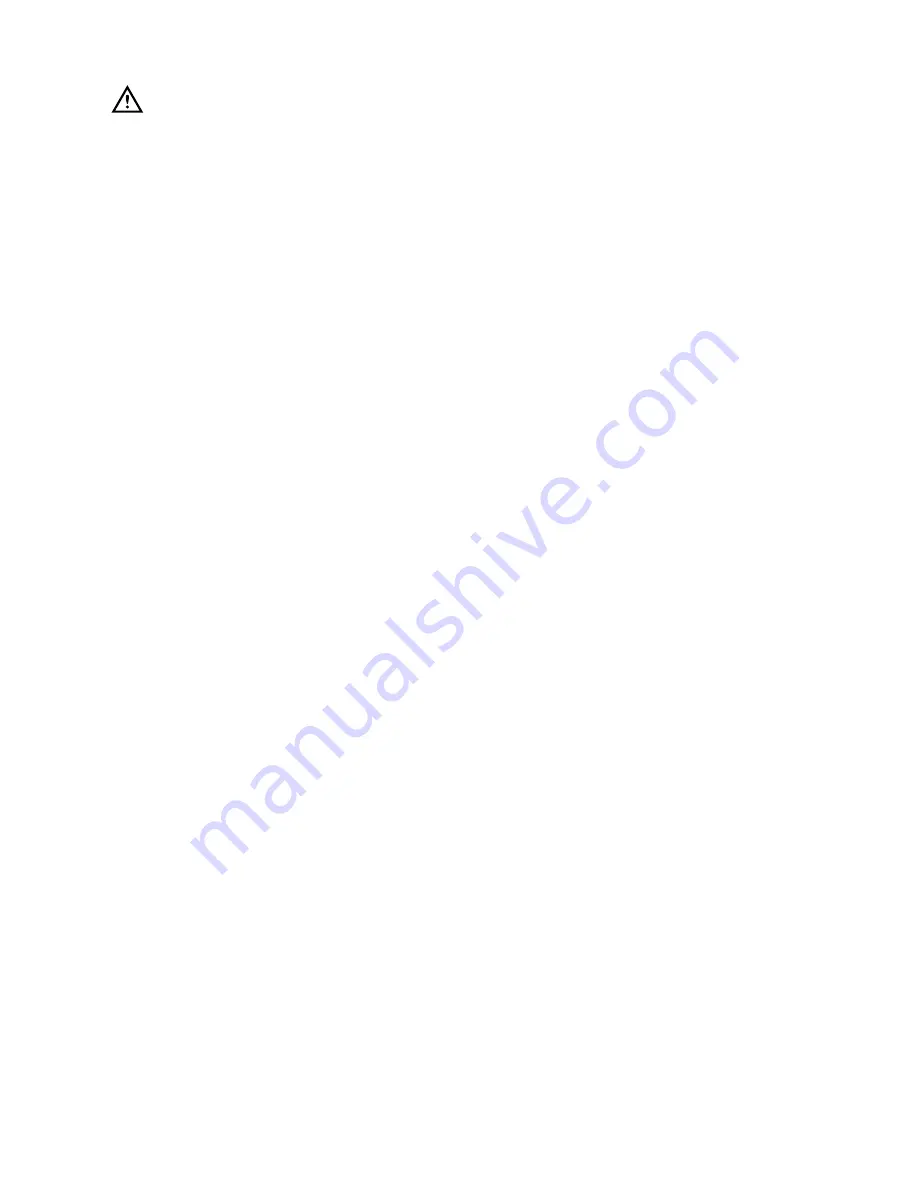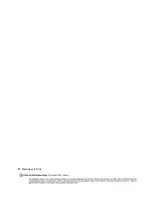
5
Fresh food refrigeration
To obtain the best performance, do not store warm
food or evaporating liquids in the refrigerator; do
cover or wrap the food, particularly if it has a strong
flavour.
Do not cover the shelves with any protective
material, such as paper, cardboard or plastic, which
may obstruct the air circulation through them.
To help you use your refrigerator correctly, here are
some more useful hints:
Raw meat (beef, pork, lamb & poultry or chicken):
wrap in polythene bags and place on top of the salad
crispers.
Meat can only be stored safely in this way for
one or two days at the most.
Fruit & vegetables:
these should be thoroughly
cleaned and placed in the bottom salad drawer.
Butter & cheese:
these should be placed in special
airtight containers or wrapped in aluminium foil or
polythene bags to exclude as much air as possible.
Milk bottles:
these should have a cap and should be
stored in the bottle rack on the door.
Making ice cubes
The appliance is provided with one or more trays for
ice-cubes trays.
Fill the tray(s) 3/4 full to give the ice space to expand
and place them in the freezer compartment.
To release the ice cubes simply give the tray a slight
twist.
Do not use sharp or metallic instruments to remove
the trays from the freezer.
Thawing
Frozen food, prior to being used, can be thawed in
the fridge or at room temperature depending on the
time available. Small food items may even be cooked
from frozen; in this case cooking will take longer.
Any frozen food which is allowed to thaw accidentally
should either be eaten as soon as possible or thrown
away. Alternatively, if the food is uncooked and has
not been completely defrosted it can be cooked and
then refrozen.
Meat, fish and fruit should be thawed in the
refrigerator compartment and small pieces of meat
can even be cooked while still frozen, but you must
ensure that it is thoroughly cooked through.
Vegetables should be directly immersed in boiling
water; ready-cooked dishes can be placed directly in
the oven in their aluminium wrapping.
A microwave oven is particularly suitable for thawing
any type of frozen food: follow the oven instructions,
particularly regarding the placement of aluminium
wrapping or containers in the oven.
Defrosted cooked food must never be refrozen.
Warning
Do not put carbonated liquids, (fizzy drinks etc.), in
the freezer compartment.
Ice Iollies, if consumed immediately after removal
from the freezer, can cause low temperature skin
burns.
Do not remove items from the freezer if your hands
are damp/wet, as this could cause skin abrasions or
“frost/freezer burns”.
16
Door reversal
1. Unplug the appliance from the power supply
before carrying out the following operations.
2. Remove the feet (3).
3. Unscrew the bottom hinge (1).
4. Remove the fridge door by releasing it from the
middle hinge (H).
5. Unscrew the middle hinge.
6. Remove the freezer door by releasing it from the
top hinge pin (G).
7. Remove the pin (G) from the top hinge, then
mount these on the opposite side.
8. Refit the freezer door, after having removed the
plugs(I) which must be refitted on the other side.
9. Replace the middle hinge to the left hand side.
10.Refit the fridge door and bottom hinge (1) on the
opposite side.
11.Refit the feet (3) on the opposite side.
12.The doors can be aligned by adjusting the middle
hinge.
13.The middle hinge can be adjusted horizontally,
with the help of a tool, after having slackened the
two screws.
Important
After completion of the door reversing operation,
check that the door gasket adheres to the cabinet. If
the ambient temperature is cold (i.e. in Winter), the
gasket may not fit perfectly to the cabinet. In that
case, wait for the natural fitting of the gasket or
accelerate this process by heating up the part
involved with a normal hairdryer on a low setting.
H
G
I
I
I
D715 PIED/M
1
2
3
Summary of Contents for ZETF 180 W
Page 1: ...REFRIGERATOR FREEZER ZETF 180 W ZETF 180 SI INSTRUCTION BOOKLET 2222 251 33...
Page 17: ......
Page 18: ......
Page 19: ......
Page 20: ...Electrolux plc 2003...






































